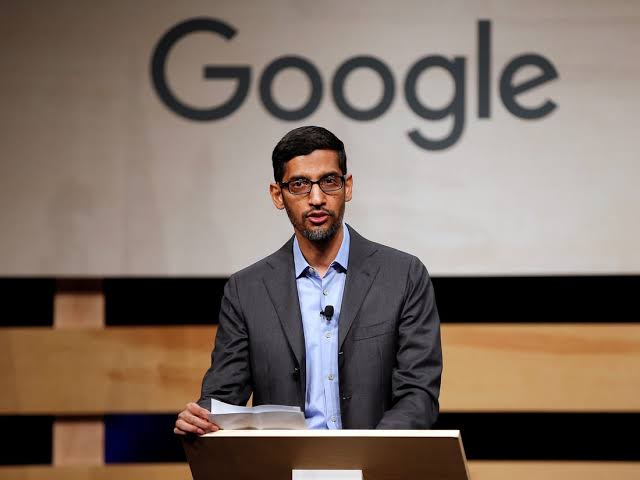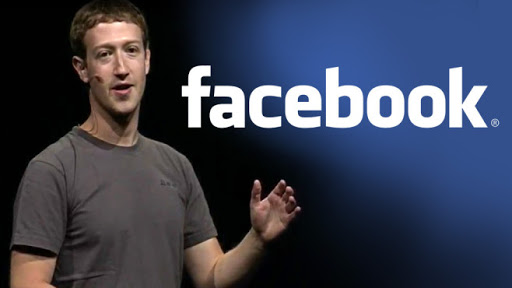Google is Making Breakthroughs Much Bigger Than AI
Hype surrounding the rise of ChatGPT and the supposed ground Google is losing to Microsoft and OpenAI in the search wars has overshadowed more important developments in computing, progress which will have far greater implications than which website serves up better tax advice.
Quantum computing is the holy grail of scientists and researchers, but it’s still decades away from reality. Google’s parent company, Alphabet, however moved the ball down the field last month with news that it found ways to ameliorate one of the biggest problems facing the nascent field: accuracy.

To date, all computing is done on a binary scale. A piece of information is stored as either one or zero, and these binary units (bits) are clumped together for further calculation. We need four bits to store the number eight (1000 in binary), for example. It’s slow and clunky, but at least it’s simple and accurate. Silicon chips have been holding and processing bits for almost seven decades.
read also Google Plans to Sack About 12,000 Jobs, About 6% of Global Workforce
Google claims to have made a huge breakthrough in an important sub-field called quantum error correction
Quantum bits — qubits — can store data in more than two forms (it can be both 1 and 0 at the same time). That means larger chunks of information can be processed in a given amount of time. Among the many downsides is that the physical manifestation of a qubit requires super-cold temperatures — just above zero degrees Kelvin — and are susceptible to even the minutest amount of interference such as light. They’re also error prone, which is a big problem in computing.
In a paper published in Nature last month, Google claims to have made a huge breakthrough in an important sub-field called quantum error correction. Their approach is quite simple. Instead of relying on individual physical qubits, scientists store information across many physical qubits but then view this collection as a single one (called a logical qubit).
Google had theorised that clumping a larger number of physical qubits to form a single logical qubit would reduce error rate. In its research paper, outlined in a blog post by CEO Sundar Pichai, the team found that a logical qubit formed from 49 physical qubits did indeed outperform one composed of 17.
Quantum supremacy
In reality, dedicating 49 qubits to the handling of just a single logical one sounds inefficient and even overkill. Imagine storing your photos on 49 hard drives just to ensure that, collectively, a single hard drive is error free. But given the vast potential of quantum computing, even such baby steps amount to significant progress.
read also Nigerian Fintech Startup OnePipe Secures $4.8M Debt Financing From TLG Capital
More importantly, it gives the broader scientific community a basis from which to build on this knowledge to further advance related fields including materials science, mathematics and electrical engineering which will all be needed to make an actual quantum computer reality. The hope of building a system that can solve a problem which no current machine could feasibly manage is called quantum supremacy.
Four years ago, Google said it completed a test in 200 seconds for a task that would take a conventional supercomputer thousands of years, proof that we’re on the path to quantum supremacy.
But like artificial intelligence tools such as ChatGPT, proving they work is only one part of the puzzle. High accuracy and low error rates — something recent chatbots are prone to — remain elusive. Improvement on this front is a major goal for developers of both technologies, with OpenAI this week saying its new GPT-4 is 40% more likely to produce factual results than its predecessor.
Unfortunately, a supercooled computer crunching data isn’t as fun as a digital assistant that can write limericks or draft a school essay. But in future these breakthroughs will be as comparable as the entertainment value of television versus the world-changing feat of landing a human on the moon.
Kelechi Deca

Kelechi Deca has over two decades of media experience, he has traveled to over 77 countries reporting on multilateral development institutions, international business, trade, travels, culture, and diplomacy. He is also a petrol head with in-depth knowledge of automobiles and the auto industry

















